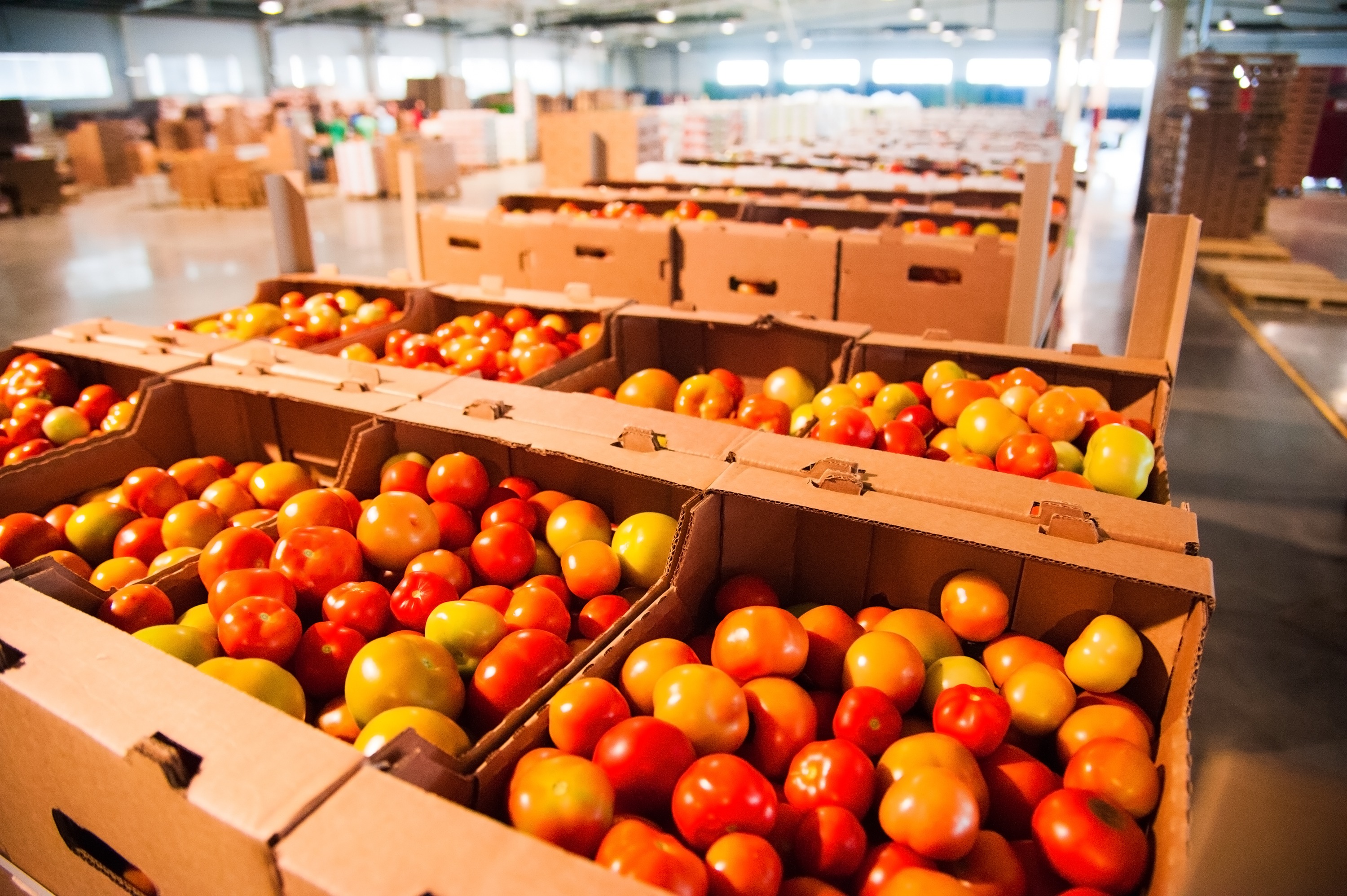Produce farmers from the Salinas Valley to the Hudson Valley are beginning to make sense of a new set of rules that regulate how they do business. The first compliance date for the Food Safety Modernization Act Produce Rule was January 26, 2018, and farmers, entrepreneurs, and extension agents are quickly adapting to its standards. This year, produce farms with annual sales over$500,000 have to come into compliance, while smaller businesses have longer to update their operations.
The new rule establishes protocols for how produce farmers harvest, wash, package, and store fruits and vegetables usually consumed raw. Standards for microbial water quality, biological soil amendments, managing livestock and wild animals, health and hygiene, and equipment, tools and building make up the majority of the law.
Some experts doubt whether the rule will reduce instances of food-borne illness in a meaningful way, and many small-scale farmers worry about the costs of coming into compliance. The FDA estimates the initial costs of meeting requirements like water testing, enclosed packing houses, and record keeping could range from $5,027 to $23,382 for small operations – something farmers have worried about since the produce rule was first announced in 2015.
But for agrifood tech companies developing products to monitor food safety, the produce rule looks good for business.
FSMA first became law in 2011 as a strategy to prevent, rather than treat, food-borne illness. A comprehensive overhaul of food safety law, the act gave the US Food and Drug Administration (FDA) the authority to regulate how food is grown, harvested, and processed. The produce rule, first enacted in 2015, outlined the first regulations for fruit and vegetable markets, which previously hadn’t been subject to much oversight. The law establishes standards for everything from managing grazing animals in fields to the surfaces used to wash fruits and vegetables.
For the California growers that produce the majority of the nation’s fruits and vegetables, compliance with the FSMA Produce Rule looks like business as usual, as large operations generally keep detailed records for operational, foreign trade, and liability purposes says Patrick Zelaya, the CEO of HeavyConnect, a company that provides digital documentation tools to large-scale farmers. “We’re already following very stringent food safety standards,” he said.
The produce rule requires extensive data collection and documentation around activities like harvest preparation and water testing. Growers have to keep meticulous and regular records, a process most often carried out on paper. HeavyConnect developed its digital documentation mobile app in response to requests from growers looking to streamline their processes in light of the new laws. Most of the growers Zelaya works with have already been following safety standards similar to the requirements of the new rules. The bigger challenge in California is understanding exactly what the regulations and repercussions are.
As the law extends to smaller farms over the next few years, Zelaya sees the potential to reach a more diverse set of farmers. At the larger scale, most farms have a food safety manager or team responsible for maintaining records. But on smaller farms, that kind of expense and investment isn’t as common, and he thinks digital tools could make it a lot easier for farms to manage the new food safety situation.
Here are some agtech companies working in food safety from digital records to portable pathogen detectors:
HeavyConnect
Through its mobile app, HeavyConnect lets users track geolocations for problems, record corrective actions taken, and collect legally compliant data. The app is available in English and Spanish, and unlike other digital farm records services, geared specifically towards helping farmers manage the FSMA produce rule regulations.
CompWALK.farm
The software development firm NextLOGiK has developed a mobile app, CompWALK.farm geared specifically towards the FSMA Produce Rule. The company has previously developed software to streamline compliance processes for the healthcare industry.
Farmdok
Farmdok, an Austrian company, has developed a smartphone app for farmers to manage data entry and analyze trends. With an eye towards easier compliance with government documentation requirements, the company digitizes the record-keeping process.
Sample6
Sample6 has developed a product that identifies and analyzes pathogens through a combination of special enzymes, detection bags, and an illumination box. When the produce rule was first announced in 2016, Sample6 outlined what the law means for the industry and how its technology can assist growers in finding and understanding pathogens through its on- or off-site testing tool.
SafeTraces
SafeTraces makes an invisible, edible, and tasteless barcode that growers can spray onto produce and deliver sourcing information immediately. The company won an SBIR Phase II grant in October 2017 to accelerate development of SaniTracers, a similar tool that verifies sanitation of fresh produce.
Ancera
Ancera brings microbial testing to farm with its PIPER platform, a tabletop instrument and software set that evaluates samples for pathogens like salmonella in a matter of hours. The device doesn’t destroy cells in the testing process, meaning that the original cell can be sequenced to locate the source of the problem.
Clear Labs
The company that made its name working with Chipotle could have solutions for growers, too. Clear Labs has developed tools that test for pathogens like E.coli and salmonella. Michael R. Taylor, the former FDA deputy commissioner for foods and veterinary medicine, who led the implementation of FSMA, serves on Clear Labs’ board.
SnapDNA
Working in collaboration with the USDA Agricultural Research Service, SnapDNA is developing technology to using DNA testing in the detection of a range of pathogens including norovirus and listeria. The company intends to develop a simple tool that could be used alongside a smartphone for fast, on-site testing.
AstRoNA Biotechnologies
Another company working on an automatic, handheld pathogen detector, AstRoNA is angling to serve the food industry at large, from the field to the restaurant with a disposable test kit that captures RNA of pathogens. A team of faculty and graduate students at the University of California, Davis lead the research and development.





